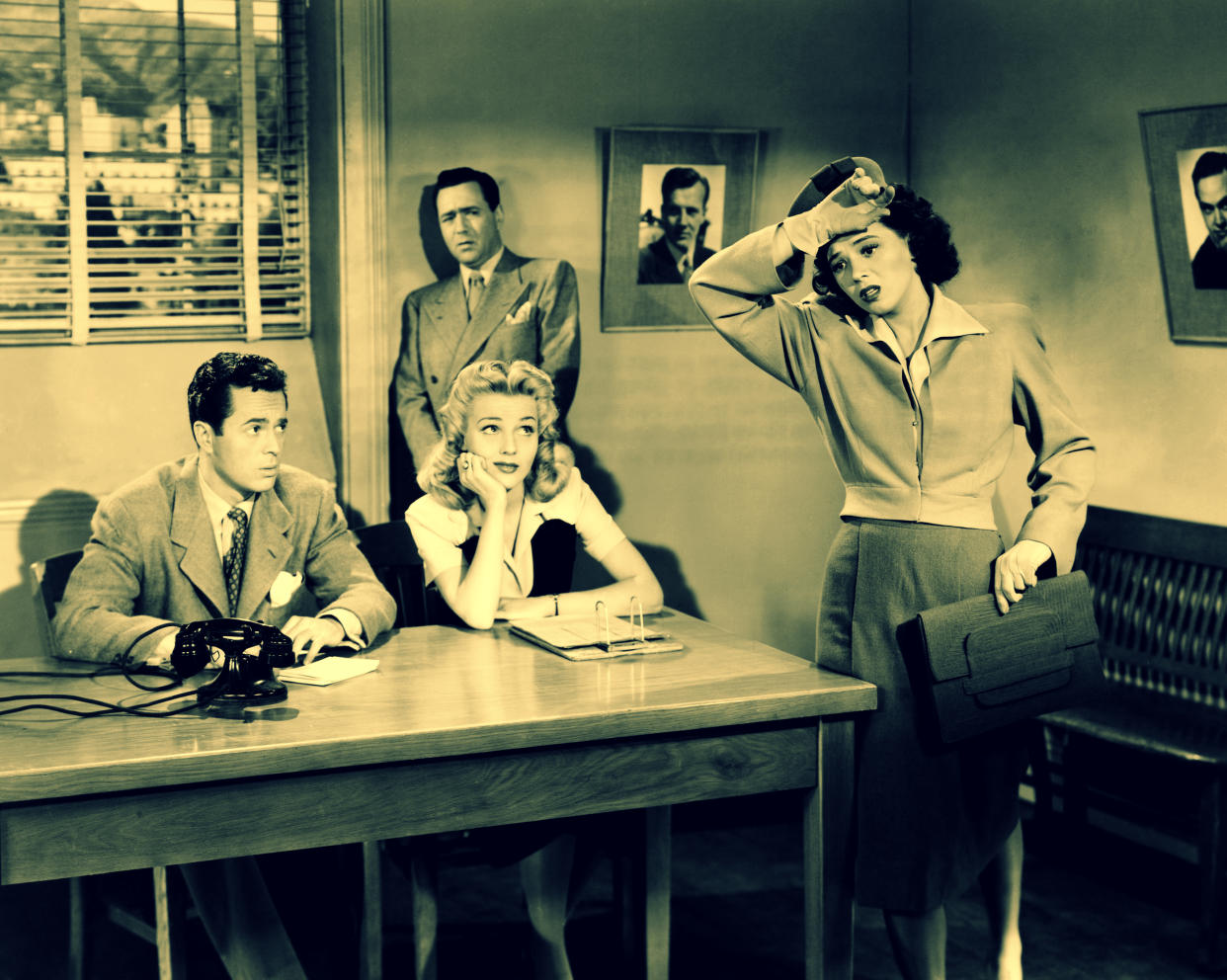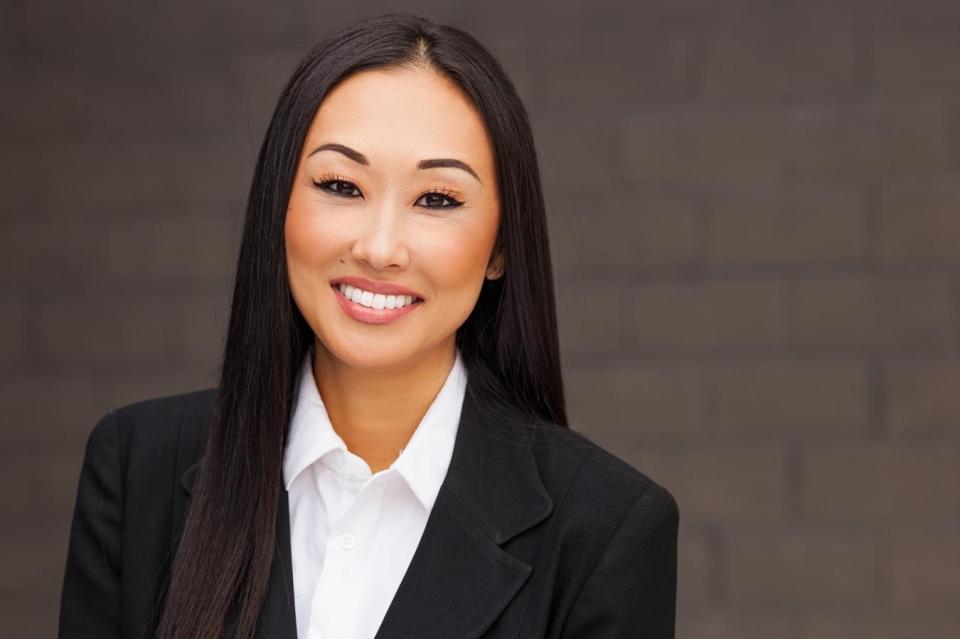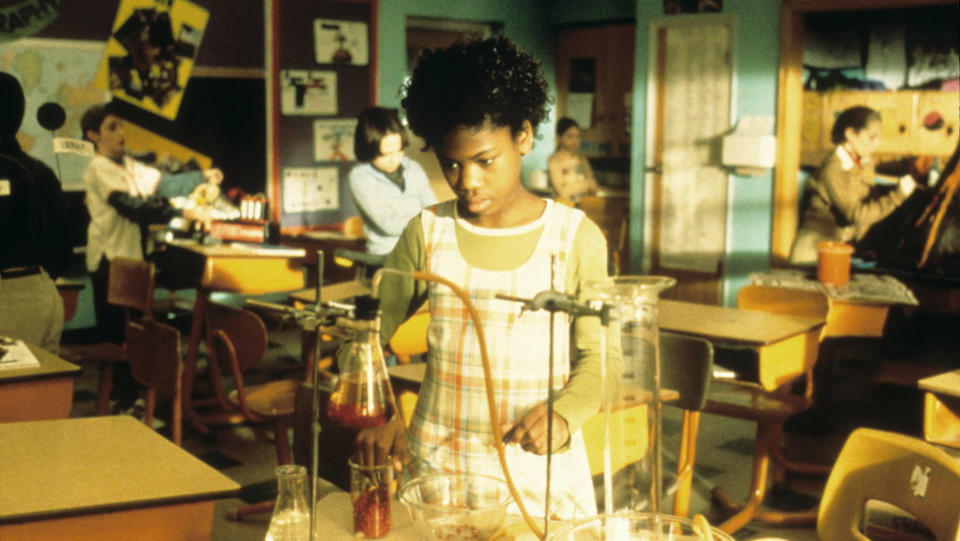Self-Taped Auditions Are Expensive, Controversial, and They Aren’t Going Anywhere

Vanessa Chester got a self-tape audition request for a role that sounded perfect. She asked an actress friend to run lines as she recorded herself, only to discover that her friend believed she’d just booked the same role. Through Chester, not the casting office, she learned that the production decided to go in another direction.
Unhappy coincidence? Sure. It’s also one of the many reasons why the new standard of self-taping is more complicated and often more stressful than actors running between castings, LA traffic be damned.
More from IndieWire
Self-tapes have their advantages: greater accessibility, wider pools of candidates, and chances for actors to edit and reset their performances. But while they were once an occasional ask, the pandemic made self-tapes the norm. Today, in-person auditions are the exception.
Agents, managers, and actors have long used platforms like Breakdown Services and Talent Systems to find auditions. Today, those platforms are key hubs to upload self-tapes and have attracted major investors like RedBird Capital. Self-tapes have become an essential part of the Hollywood talent supply chain.
It’s led to casting offices receiving many more submissions, and offering slightly more auditions for the same number of roles. Actors are sometimes asked to film themselves from multiple angles with expensive gear, or while driving, or Rollerblading.
What actors might save on gas and parking tickets now goes toward the cottage industry of pop-up studios, or editing software. Actors also find they receive less feedback and must accommodate new demands.
“The scale, volume, and the frequency in which actors are now being requested to audition is unsustainable,” said Chester, an actress best known for her roles in “The Lost World: Jurassic Park” and “Harriet the Spy.”
“Sometimes I’m in my room yelling and screaming [for a self-tape] and I’m like, ‘My neighbors think I’m in a domestic violence situation right now.’ I don’t want to think about that when I’m supposed to be fully in the moment.”
Days away from the expiration of its current contract, SAG-AFTRA is fighting for regulations around self-tape auditions as part of its AMPTP negotiations.
“We’re not looking to go back to a world where self-tapes don’t exist,” SAG-AFTRA lead negotiator Duncan Crabtree-Ireland told IndieWire prior to the start of the guild’s negotiations. (SAG-AFTRA agreed with the AMPTP to a media blackout). “To the contrary, self-tapes, when done correctly, can be a real advantage to our members in terms of access, accessibility, and opportunities for underrepresented groups.”
That said, self tapes have also led to a rise in what Crabtree-Ireland called “abusive practices.” He wants “rules and regulations around how self-tapes are used to ensure that members aren’t asked to do things that are inappropriate, that self-tapes aren’t the only method being considered for projects, and that there is still a place in the industry for live auditions and for live virtual auditions where there’s real-time feedback.”

In theory, it should be easier to audition from home. Candace Kita, an actress for over 30 years, says prior to Covid she spent “life in the car” and remembers the days of stopping in McDonald’s bathrooms in order to change outfits between auditions. Self-tapes allow her the chance to do multiple takes, edit, and adjust her performance within a time window rather than a one-and-done audition that could last all of 15 minutes.
“You’re giving a performance of your overall capability,” Kita said. “I think we’re going on more auditions because casting directors have time to see more people. You’re up against more people, but I feel I can do a little better job, so I feel I have a little better opportunity.”
And then there’s opportunity costs. Chester said she’s had to manage five different self-tapes due in a single day, along with an in-person audition across town, and juggling requests to dress for each role. Each self-tape means also finding someone to read with her for an hour or two, or pay for it at a studio, followed by editing each video before she can upload it.
Since self-tapes operate without the boundaries of a casting office, or office hours, audition requests can arrive at 4 a.m. with a due date later that afternoon, or end-of-day Friday and due first thing Monday. For actors who can’t navigate the technology or child performers who still have to attend school, it can seem impossible.
“Our hope was that this was a temporary fix to save the industry,” said a longtime SAG member who requested anonymity. “It was weird. We were going to tape from home, but everybody was going to do it because we were all navigating COVID together. Then it started to seem that a lot of those little temporary sacrifices really started to become permanent.”
Others argue that these sorts of challenges are just part of the job and still beat paying for parking downtown or regretting not having your best moment when you’re in the room.
“Auditions always come out of nowhere and they always scramble your life,” said Kevin Interdonato, an actor who has appeared on “The Sopranos” and the series “City on a Hill.” “That’s just par for the course whether it’s in-person or not. Sometimes you get a one-pager, sometimes you get nine pages.
“I’m not going to complain about that stuff,” he said. “If the work is good and they like you, they’ll book you. You don’t need a fucking RED camera to book an audition.”

While Chester is not on the current negotiating committee, she is on SAG-AFTRA’s LA local and national self-tape committees that provided some guidelines leading up to talks. One suggestion is page or scene limits on self-tapes. If a casting director can make up their mind within 30 seconds, why all the extra work?
Barring that, actors want a minimum number of business days to turn around their tapes. The committees have also proposed software fixes to make sure actors’ tapes are being viewed, unskippable videos, no interns reviewing tapes, and viewing confirmations. Technology that marks something as played is already available for casting offices, but it could become viewable by agents and managers.
The real fix might lie in a hybrid model that leans on self-tapes for smaller roles but mandates in-person auditions for larger ones. The anonymous actor described self-tapes as fine for finding “a barista who has five lines,” but in-person auditions establish a community and a relationship with casting directors.
“There were these little chances of kismet that you would have by being in the room,” the actor said. “Especially when you’re a young actor, your job isn’t really to get the job; it’s to earn the trust of these casting directors. When you can feel that mechanism working for you in real time, it shows you what your job is. That is unquestionably something that is just missing from this.”
Alexis Winter of AW Casting (“One Tree Hill,” “To All the Boys I’ve Loved Before”) said she is “hugely in favor” of regulations over things like page counts, adding that good casting directors don’t need (and won’t ask) you to spend money on elaborate equipment. She also recognizes that producers can make outsized asks that may need to be reigned in.
“There’s very diplomatic conversations that we’re in control of with production,” Winter said. “That’s part of our job. Production doesn’t do casting. They don’t know. It’s our job to educate them and teach them, ‘This is a big ask, maybe we can do a little less.'”
She insists that casting directors watch every tape that comes in (and knows most actors probably won’t believe her).

“I’m very much on the actor’s side,” Winter said. “I want to make it as easy and as accessible for actors as possible, and I truly believe self-tapes are that. If we go back to a fully in-person model, it’s going to cut out a lot of developmental actors that already are probably more marginalized or have less access to the industry. The more actors can embrace technology moving forward, the easier it’s going to be for everyone.”
Winter points to free services provided by the SAG-AFTRA Foundation and suggested tinkering with self-recorded audio tracks or even AI-readers. She’s surprised some actors lament not having the readers from the casting office because, in her experience, they’re not always the best scene partners.
Winter fears some actors want casting directors to see fewer tapes and auditions to improve the odds. She may have a point — and so do the performers. Actor Thomas Ochoa said the game has changed, pointing to examples like Sony auditioning 700 actors for the co-lead opposite Jennifer Lawrence in “No Hard Feelings.”
“None of the angst that is being expressed around how the process has changed is because we are upset that we’re competing against more performers,” they said. “The issue is that the amount of labor that we’re being asked to do as part of the process has increased, and… the chances of actually booking the role have decreased. It’s not that we’re trying to get a leg up on other actors. It’s just that the number of requests has increased so much, it’s turning what used to feel like part of the job into an actual lottery.”
There’s another potential solution to self-tapes, one that SAG-AFTRA would rather not discuss: paying actors for auditions. Chester and Ochoa are founding members of Auditions Are Work (unaffiliated with SAG-AFTRA), a group of actors that is calling attention to language in the SAG-AFTRA contract dating back to 1947: It says actors should be paid half of a day rate for their auditions. The group formed in response to a statement the guild put out saying some prior interpretations of the language were ambiguous, outdated, and had a “lack of clarity.”
Winter said she would love to see actors paid for auditions, but said that would come with an immediate downside.
“I just don’t foresee that being beneficial to most actors,” she said. “Look, they’re trying to make it seem like every actor can all of a sudden get paid for auditions, and that’s just not what’s going to happen. It’ll be very few actors getting paid for auditions and less actors being seen, which harms the majority of actors. So the conversation I think is a bit immature where it is right now.”
Chester acknowledged the controversy, but said it could eliminate the abuses of self-tapes, keep middle-class actors going, and even bring in ancillary revenue that boutique theatrical agencies need to stay afloat.
“I would much rather be brought in 24 times a year and be paid for the ones that I didn’t book because I know that casting is saying, ‘We feel like you’re so viable and right for this role that we’re willing to pay you if we’re wrong,'” Chester said. “For me, audition pay being tied to scale is the only insurance right now that actors have for maintaining some type of economic viability in this business.”
Best of IndieWire
Sign up for Indiewire's Newsletter. For the latest news, follow us on Facebook, Twitter, and Instagram.

 Yahoo News
Yahoo News 
